Prebiotic vs Probiotic: What’s the Difference?
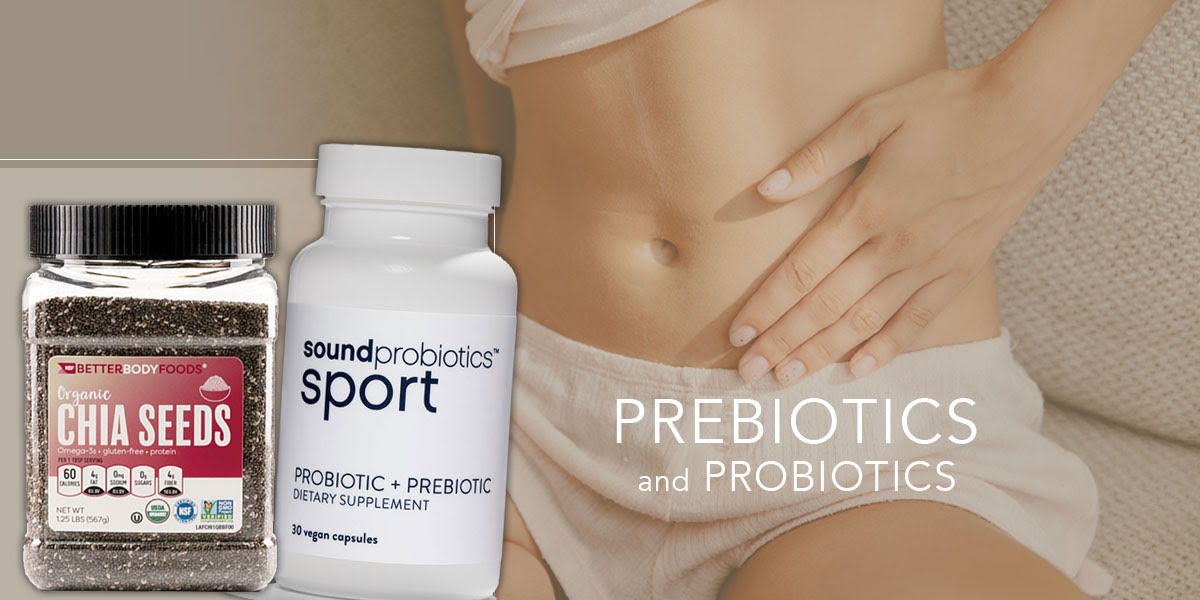
There is no shortage of research on how our gut microbiome influences our health. With over 35,000 research articles published to date, the use of prebiotics and probiotics have been implicated in treating a host of issues — allergies, anxiety, sleep, skin conditions, and diseases that affect the intestines (Crohn’s, IBS, ulcerative colitis, etc).
Prebiotics vs Probiotics: How do they differ?
Maintaining a healthy balance of the 1,000+ different species in your microbiome can play a central role in your overall health. While both pre- and probiotics work to support your gut health, they do so in slightly different ways. Let’s dive in and see the difference between prebiotic and probiotic and how they each work to help your gut health.
1. Prebiotics
Prebiotics are mostly plant fibers that can be consumed via foods (chia seeds, oats, greens) or supplements (psyllium, beta-glucan, guar gum, xanthan gum). These fibers are actually food for probiotics. The greater your fiber initiative, the more you’ll be helping out the growth of friendly probiotics.
Mamma Chia Organic Chia Squeeze, $7.06
Better Body Foods Chia Seeds, $7.99
BoBo’s Oat Bars, $33.48
Prebiotics help sustain gut health in a few ways.
- Promote beneficial bacteria growth (aka they create a “happy gut”)
- Help produce short-chain fatty acids, which can help support gut immune function
- Support the production of mucus in the gut. This makes it difficult for unwanted pathogenic bacteria to grow. Quite literally, it makes it too “slippery” for bad bacteria.
2. Probiotics
Unlike prebiotics, probiotics are live microorganisms that can multiply in the gut. You’ll find probiotics in fermented foods such as yogurt, kefir, kimchi, and sourdough bread. Probiotics are most effective when they are alive. This may seem obvious, but some products and foods can ship with dead probiotics or they may die off before consumption. When shopping for foods or supplements with probiotics, make sure to look for “live cultures” on the label.
Culturelle Probiotics, $20.62
Schiff Digestive Advantage Daily Probiotic, $13.20
Probiotics help sustain gut health in a few ways.
- Make antimicrobial compounds that help prevent harmful pathogens from multiplying
- Support the body’s immune response, particularly by helping to tame allergic reactions
- Promote the removal of harmful bacteria from the body
Popular strains of probiotics include Bifidobacterium, Enterococcus, Saccharomyces, and Lactobacillus. To date, the research indicates that probiotics can be used to help prevent antibiotic or radiotherapy-associated diarrhea, reduce symptoms of ulcerative colitis (an inflammatory bowel disease), and prevent necrotizing enterocolitis (NEC, a severe condition seen mostly in premature infants).
Promising evidence points to an additional use: reducing the number of upper respiratory tract infections (URTI’s) endurance athletes experience.
💡 A Must-Read: Gut Health Supplements: Prebiotics Versus Probiotics
3. Synbiotics
Synbiotics are a combination of pre- and probiotics. Essentially, this packages a living organism (probiotics) with the food source it relies on (prebiotics) which can ensure that the probiotics remain alive. This can be particularly beneficial for supplements that can sit on the shelves for some time.
Sound Sport Probiotics, $27.79
Building a healthy gut
Want to build a healthy gut? Well, no one knows what a “healthy gut” looks like exactly. The most likely answer is that there is a wide range of healthy microbiome types. Because we don’t have a specific answer to this question, it helps to look at the overall picture of health behaviors that promote a happy healthy gut.
Diets that contain a high amount of fruits and vegetables see a greater gut bacteria diversity. A diverse microbiome is an indication of more robust gut health. Eating a variety of fruits and vegetables can ensure you are getting a wide range of fiber types as well, which can further boost gut health.
Finding a quality probiotic supplement
In one analysis of 17 probiotic supplements, only 1 was a perfect match with the continents listed on the product label. One! When shopping for a supplement, try to find one that has undergone quality control testing by 3rd party companies such as Informed Choice, Labdoor, NSF International, and the United States Pharmacopeia. Each has its own seal, which will be displayed on the products that have aced their tests.
Prebiotic vs probiotic, which is better? In conclusion, both share an essential role in promoting good digestion and building a healthy gut. Whenever you’re in doubt, go back to this article and review the core functions of prebiotics and probiotics to help you pick the right one for you. It is also important to incorporate high amounts of fruit and vegetables in your diet for a greater gut bacteria diversity.
This post contains affiliate links and we may be compensated if you make a purchase after clicking on the links.


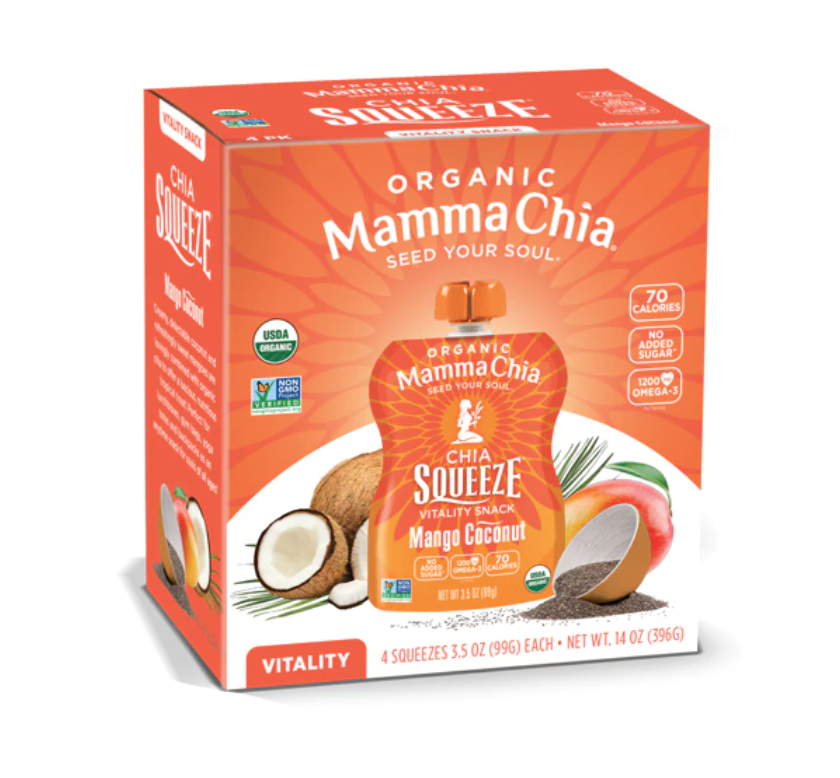
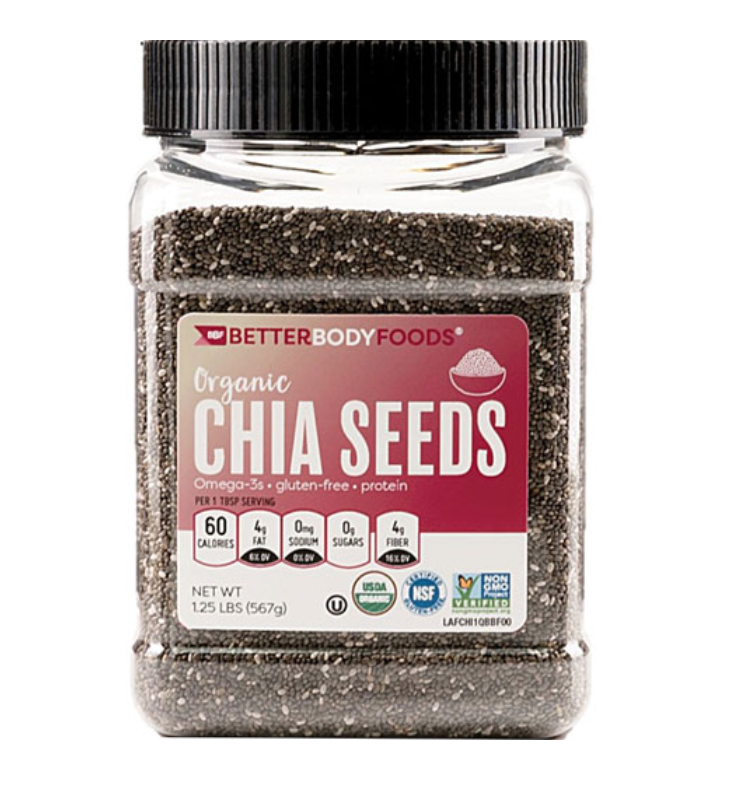
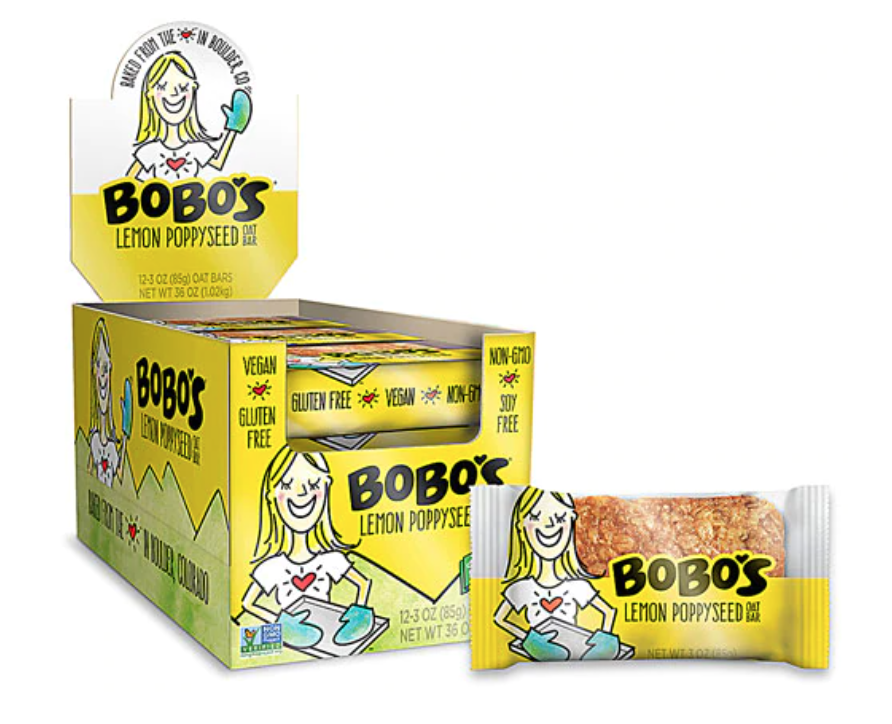
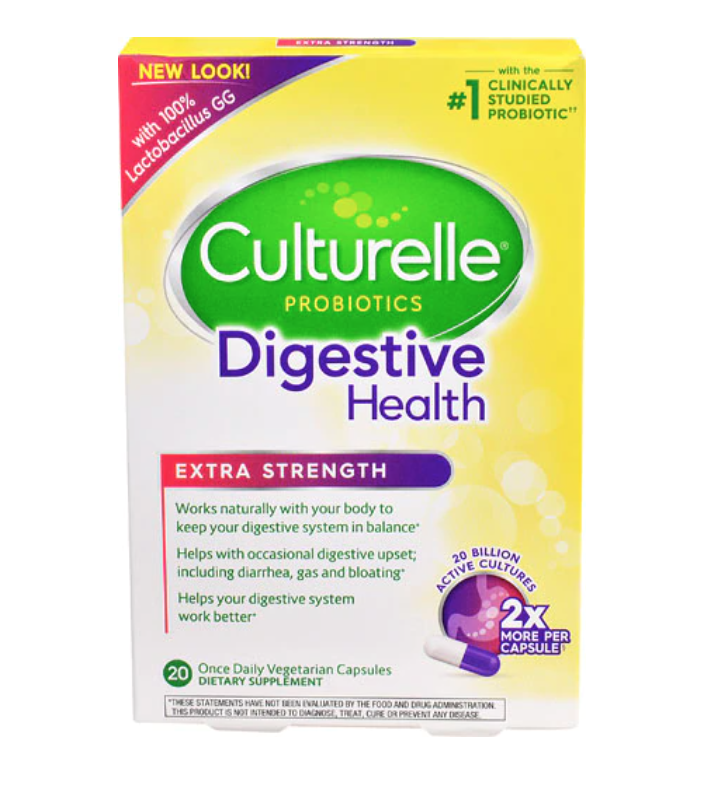
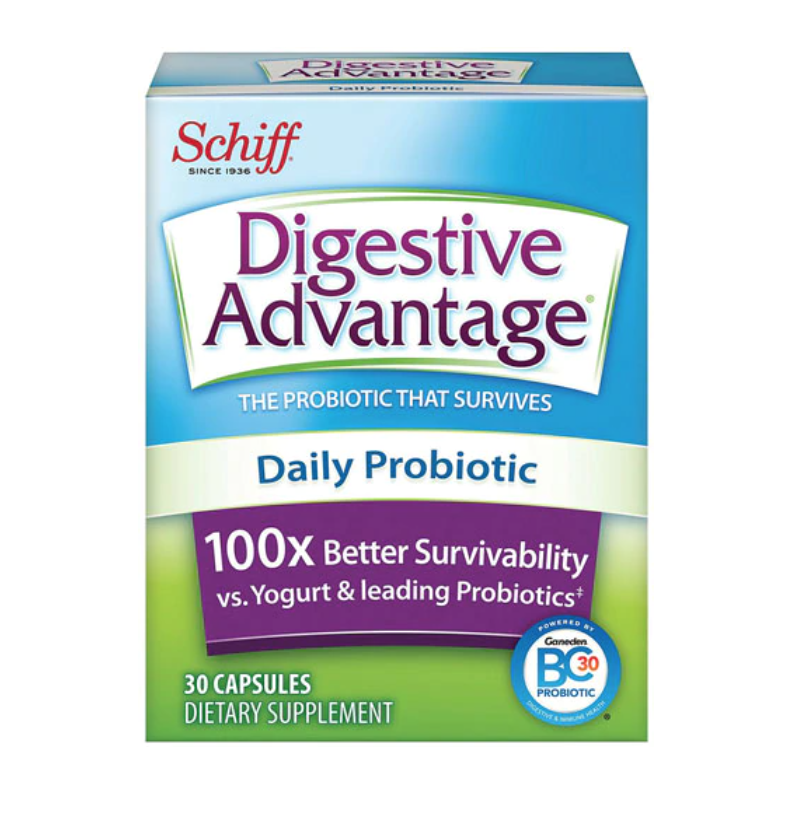
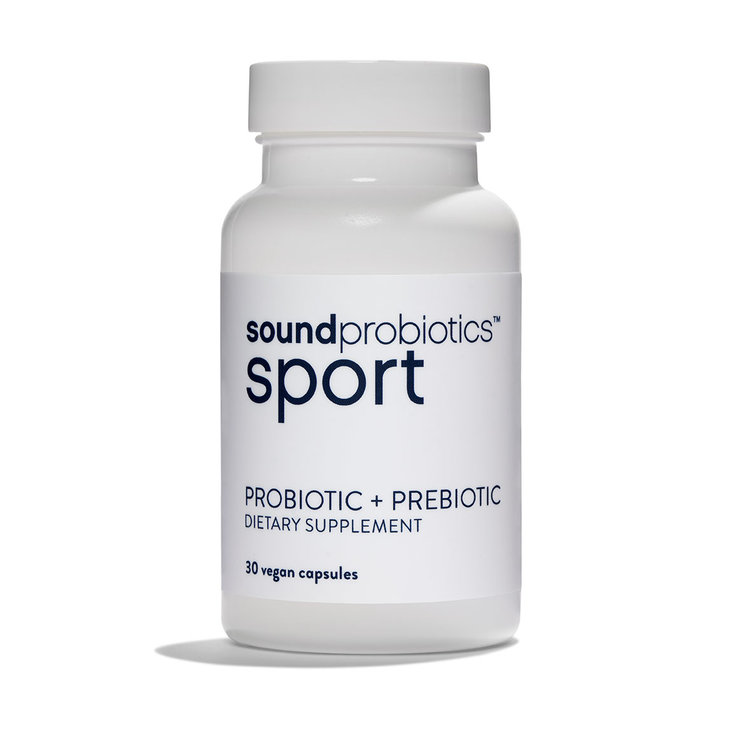



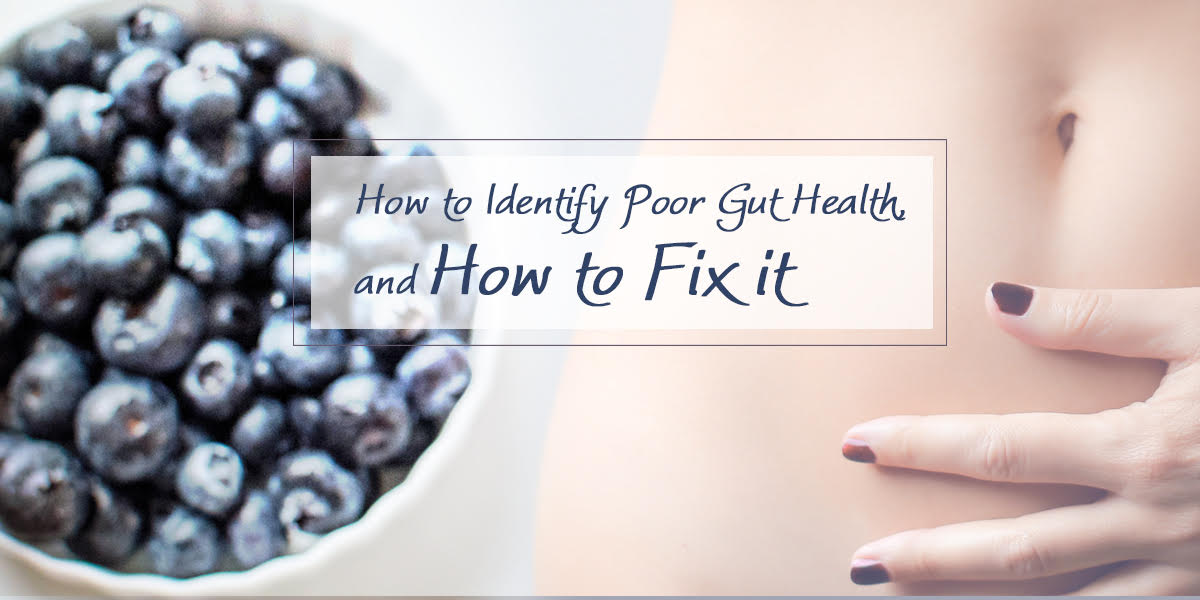
Pingback: 5 Nutritious Shelf-Stable Foods for Your Pantry - Healthy Smart Living
December 12, 2020 at 1:18 am